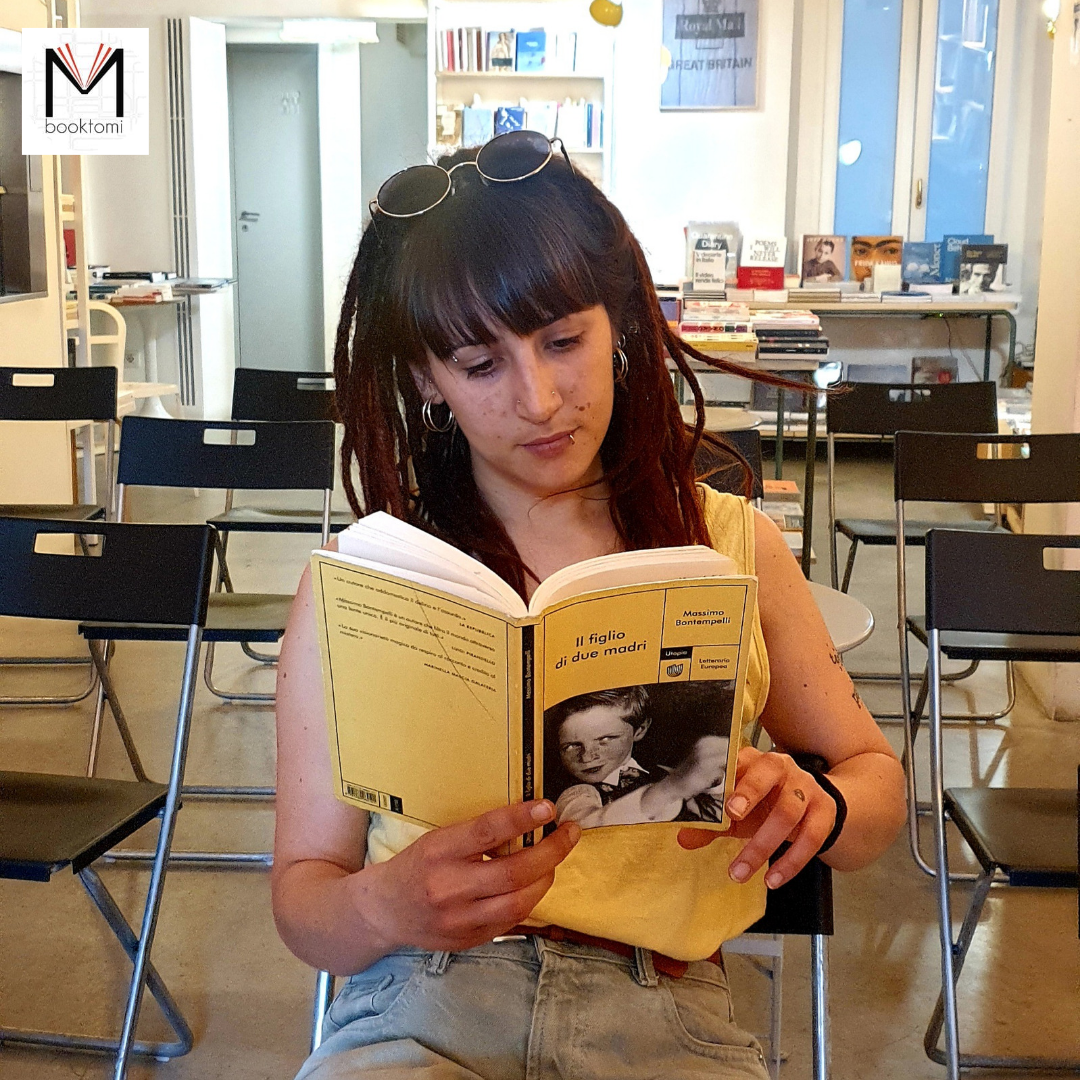“FRIDAY DI-VERSO”
“The heart of man does not get used to miracles.”
Love, am I not your mom?
No, it’s not you.
Were it not for the refined but light vocabulary, for the completely cinematic taste of the descriptions, for the macchiettistica of some characters (mostly men), for the detached gaze of an orchestra conductor, these two lines would be the beginning and end of a powerful drama. inexhaustible. For the good grace of the author there are a lot of “were it not” to make this magical and surreal cue that leads to the story more digestible, otherwise a second of identification would be enough to horrify without escape.
The plot is a short enough thread to rewind: on the day of his seventh birthday, Mario Parigi, a child from a good family, falls into a kind of trance, which returns him to the world Ramiro, son of Luciana Veracina, who died and died seven centuries ago. years ago, that same day.
This inexplicable (and ultimately unexplained) event does not turn the spotlight on the child as much as on the two mothers: one, Arianna, dismayed, dazzled by senselessness and pain, the other, Luciana, as suddenly recovered from a bad dream that lasted seven years. The two antithetical figures move in the novel with swaying movements, which bring them closer and away from their son’s magnetic center of gravity, forced to confront each other’s existence, with their love as mothers, with a city and an intertwining plot that would want them to be adversaries. but which they do not bend.
They are painted figures with few distinctive features, they are earth and sky, concreteness and abstraction, discouragement and faith. As events lead them on this crazy journey, mythical seas and opaque men alternate in the background, calming the intensity of the drama and allowing the reader to go on, as if in a half-sleep, without knowing if the dream thread on which he is walking will be still steadfast upon awakening or it will plunge him into a completely unexpected ending.
Reading this novel is an alienating experience for the beautiful and calm voice of Bontempelli who tries his hand with curiosity in the construction of a story with precise stylistic outlines and, at the same time, for the psychological enormity of the narrative engine. This same engine is not in-depth, there is no investigation, no excavation of the human soul, as if to say: yes, the fact is huge, unlikely, surreal but Reader don’t get stuck, come with me, let’s go ahead and see what happens. “A turbid inertia descended like a heavy lid to deform the August drama, to extinguish its light.” In this novel the magnitude of the fantastic bends to the placidity of the real, with such a softness as to induce us to think what and if it really happened ..?
Utopia has really recovered and prodigiously edited a little jewel, set in a language that is in some ways distant in time but which also consoles our ears from so many daily ugliness. At times distressing, on the edge of epic and enchantment, it steals little of our time and instead gives us that suspension of disbelief that can do so much good to our spirits tarnished by contingency.
_____________________________________________________________________________________________________
Massimo Bontempelli, Il figlio di due madri, Utopia, Milano, 2021




